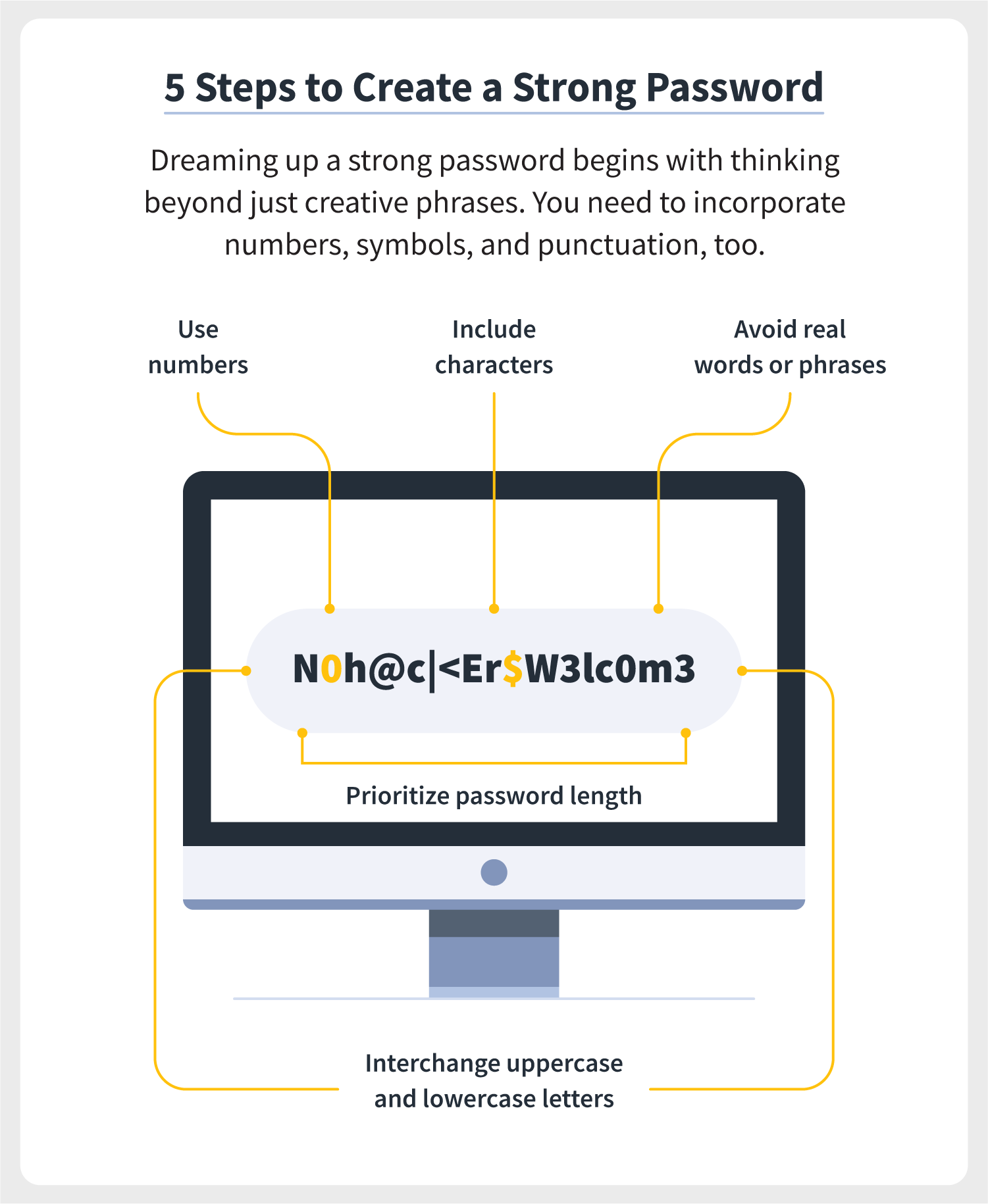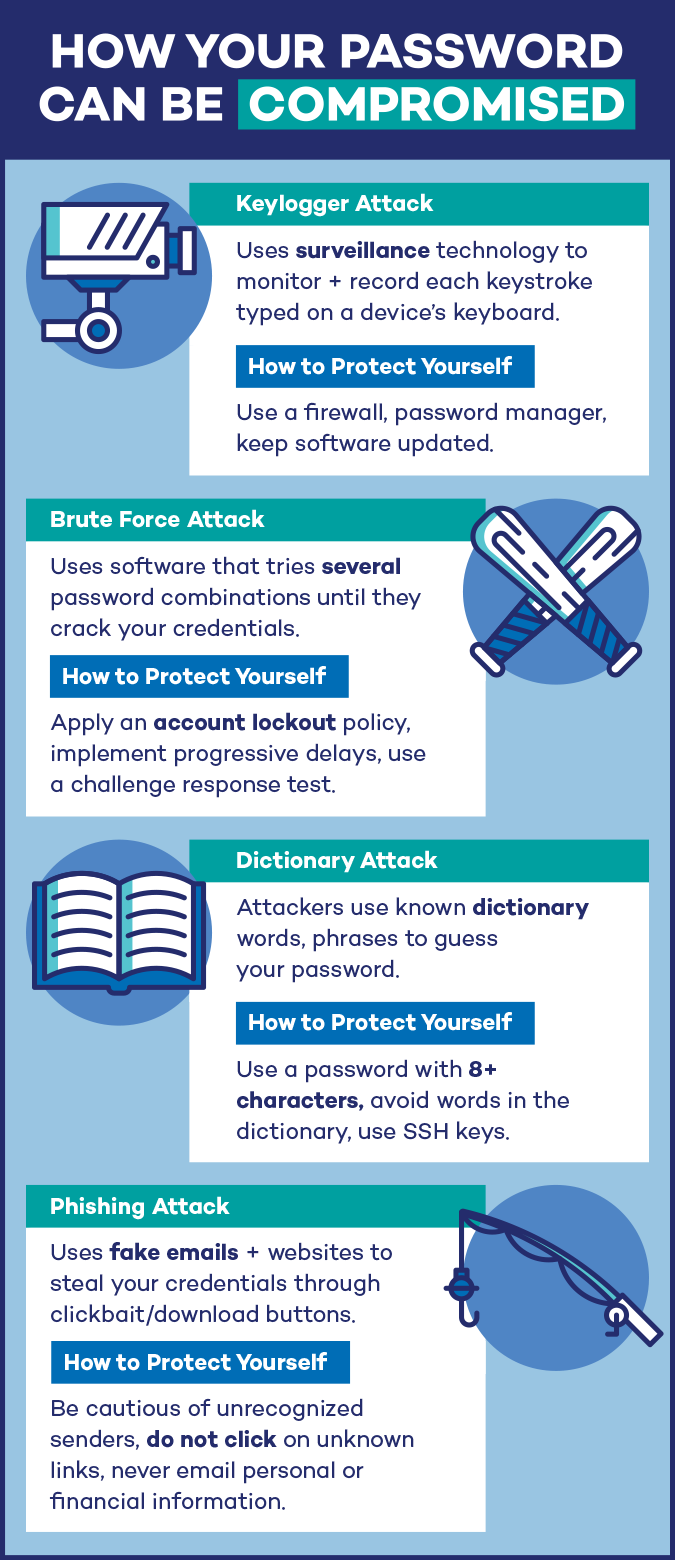

Logins to online shopping and social media accounts are just the tip of the iceberg, with more important uses, such as online banking and PINs being the riskiest. Passwords are used across the web for a number of reasons. So, in a world where passwords are king, how can we protect them, and why should we? Why is password protection important? We’ve become so used to password protection, that it’s simply a way of life. That said, we still have a way to go before people decide this is the way forward.

Without employees having to remember passwords and change them regularly, it’s clear why this would be the case. This not only eliminates password safety risks, thus reducing IT costs and boosting security measures, it may even help to increase productivity. We’re already seeing this become part of phone technology, with face recognition logins being all the rage, even for online banking! But, how might this infiltrate the workplace, especially in a COVID world?ĭata protection and IT specialists are finding ways to avoid logging in across the board in some workplaces. With cybersecurity efforts having to change every day to keep up with the ever-evolving nature of cyber threats, we have to question what the future looks like.Įxperts in the field of cybersecurity have suggested that a passwordless future could be the way forward. What is the future of password protection? So, he developed the first online password system so users could only access their specific files.įast forward a few decades and we’re now using passwords for almost every aspect of our lives. Corbató wanted to find a way to keep individual files private. That said, the computer password as we know it was originally introduced in 1960, by Fernando Corbató.ĭuring this time, the Massachusetts Institute of Technology (MIT) were working on a huge Compatible Time-Sharing System (CTSS) that all researchers had access to. Passwords have been used for centuries, dating back to the watchwords Roman soldiers used to identify who was authorised to be in a certain area. We’ll then dive into exactly how to protect your passwords from fraudulent activity. In this article, we’re going to talk a little bit about the history of password protection, the latest developments and what we can expect in future. Clearly, protecting our passwords is the first step to protecting ourselves. One of the leading causes of banking and financial breaches is a lack of security. In a world where our online profile is a key part of the face we present to the world, learning how to protect ourselves online is paramount. © Artem Medvediev Christine Sabino, Senior Associate at Hayes Connor, explains why password protection is so important and advises how you can protect your passwords from fraud


 0 kommentar(er)
0 kommentar(er)
